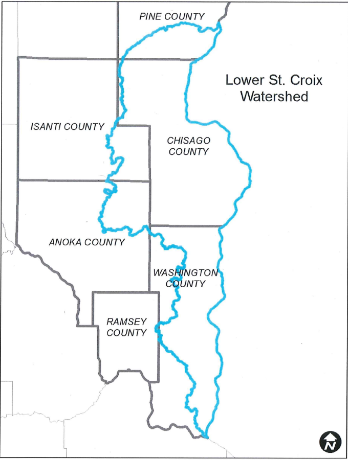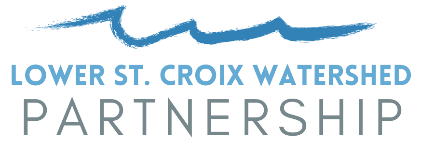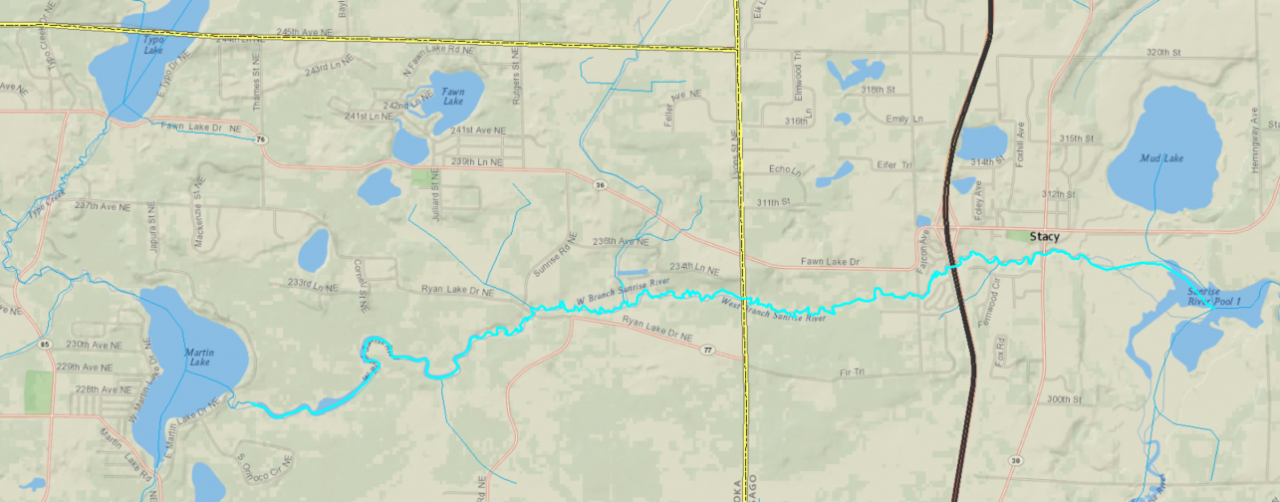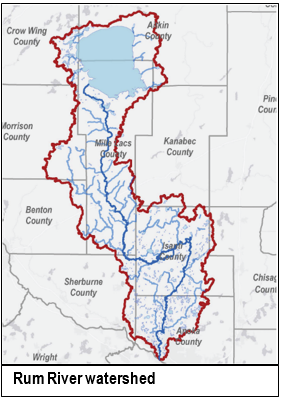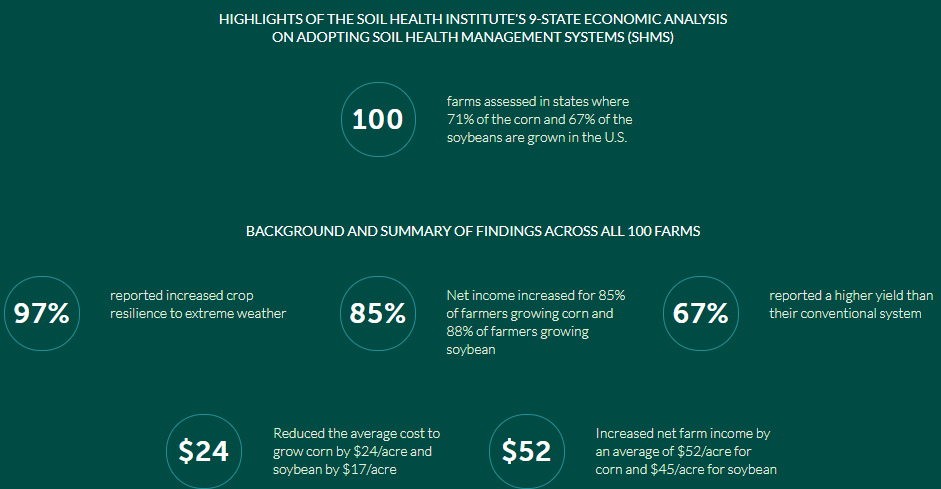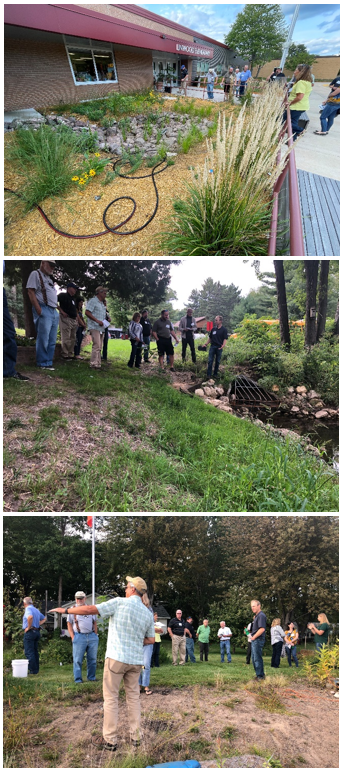The Lower St. Croix Partnership, formed through the "One Watershed, One Plan" process, has been selected to receive a County Conservation Award from the Association of Minnesota Counties (AMC). The award, developed in partnership with the Minnesota Board of Water and Soil Resources (BWSR), recognizes leadership, innovation, and excellence in protecting or improving natural resources.
This year's award recognized the partnership's success forging relationships that cross the urban-rural divide, and working collaboratively to protect and improve the St. Croix River, groundwater, lakes, streams, rivers, wetlands, and upland habitat. The partnership is sharing regional education staff and a regional agricultural outreach specialist. We are also completing a wide variety of water quality projects including stormwater treatment, erosion stabilization, enhanced street sweeping, and many more. The group follows a 10-year management plan they created together, and utilizes state grant funding for much of its work.
The Anoka Conservation District and Sunrise River Watershed Management Organization represent the Anoka County area in the Lower St. Croix partnership. Learn more at lsc1w1p.org.
